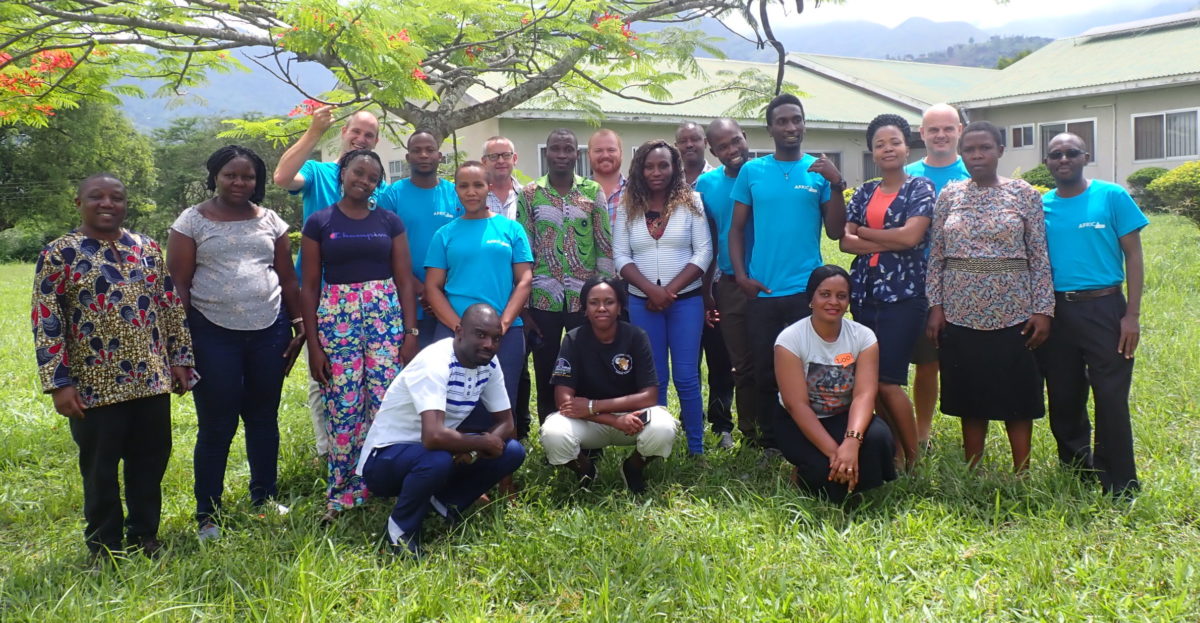The Pollinator Information Network for Sub-Saharan Two-Winged Insects (PINDIP) is a project that began in 2017 with a $209,000 JRS grant award to better characterize Diptera and their pollination interaction webs in sub-Saharan Africa. This grant (PINDIP Phase 2 Funding) funds efforts led by the Royal Museum for Central Africa (RMCA) to close the data gap for Diptera, a group of insect pollinators that includes true flies and mosquitos, in the Afrotropics. This project has been successful in developing a research network on pollinating Diptera in the Afrotropics, digitizing and sharing data records for six Diptera families, publishing research results and sharing identification tools, and training students and researchers. It has also led to three new “spin-off” initiatives in entomological research that support the PINDIP network, training, and research activities.
This follow-on grant will extend the impact of PINDIP work and ensure the success of the project by improving access to biodiversity data and tools previously developed under PINDIP and supporting the three new initiatives, which include:
- The Diptera museum collections as a source for taxonomic research and teaching activities (DIPTATEACH), a project to highlight the advantages of entomological museum collections in training emerging entomologists from the Afrotropics.
- The diversity of pollinating Diptera in South African biodiversity hotspots (DIPoDIP), a project that highlights the importance of other Diptera families outside of the six families originally studied in PINDIP.
- The Agroecology methodology in vegetable crops (AGROVEG), a project that aims to improve farmers’ health and sustainable food production through the development of the agroecological methodology that mitigates the impact of fruit flies, while emphasizing the benefical role of pollinators, on vegetable crops.
Partners in these collaborative new projects include the KwaZulu-Natal Museum (KZNM), Stellenbosch University, the University of KwaZulu-Natal, the South African National Biodiversity Institute (SANBI), Sokoine University of Agriculture, and the Eduardo Mondlane University.
Enhancements to the PINDIP website will include the addition of approximately 700 high-resolution photos of Afrotropical Diptera of the major groups involved in pollination, an online multi-entry identification key to the genera of Afrotropical hoverflies, and updates regarding PINDIP and related projects. Funds will also provide for more training in South Africa and Tanzania that feature bioinformatics tools and the creation of species data sheets for common Afrotropical hoverflies to increase awareness of their role as pollinators and as key organisms in biodiversity research.
Collectively, this work will build upon PINDIP achievements to date and lead to a better understanding of the Diptera plant-pollinator network in sub-Saharan Africa.

